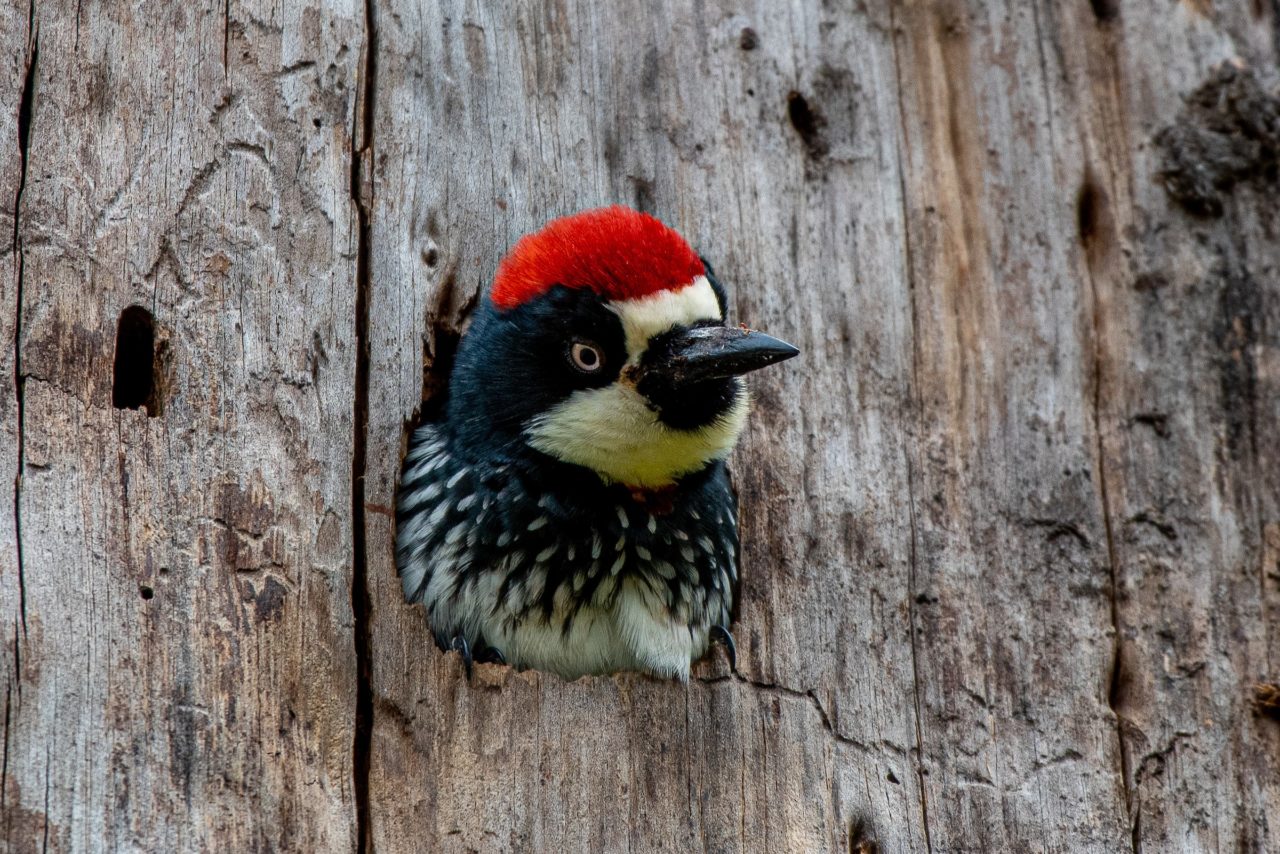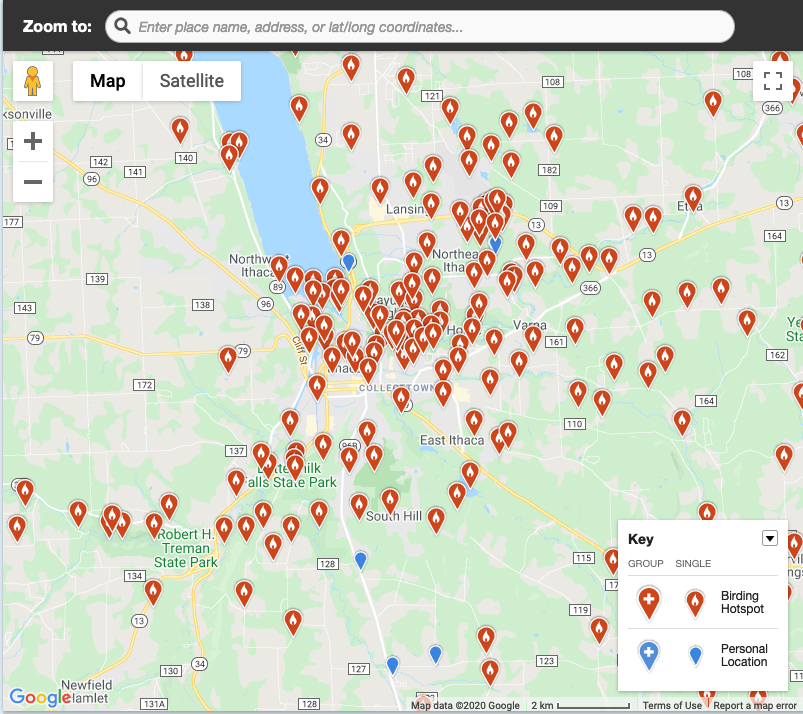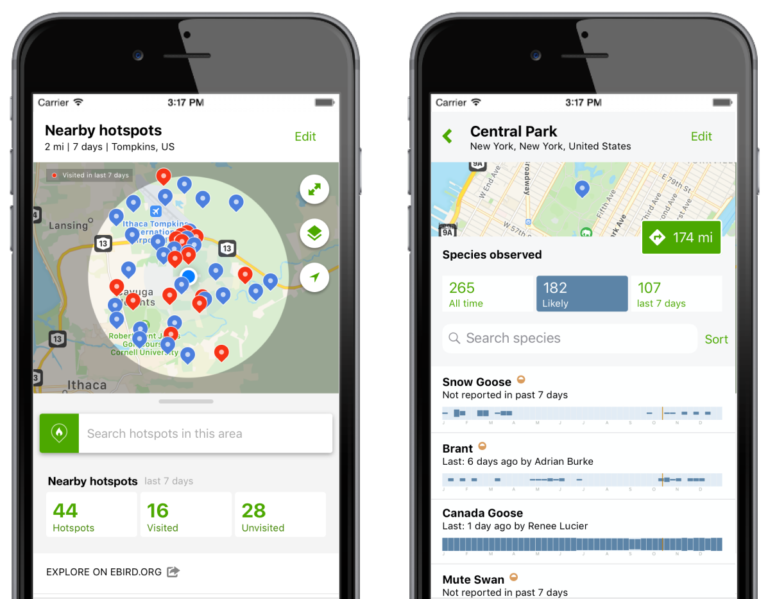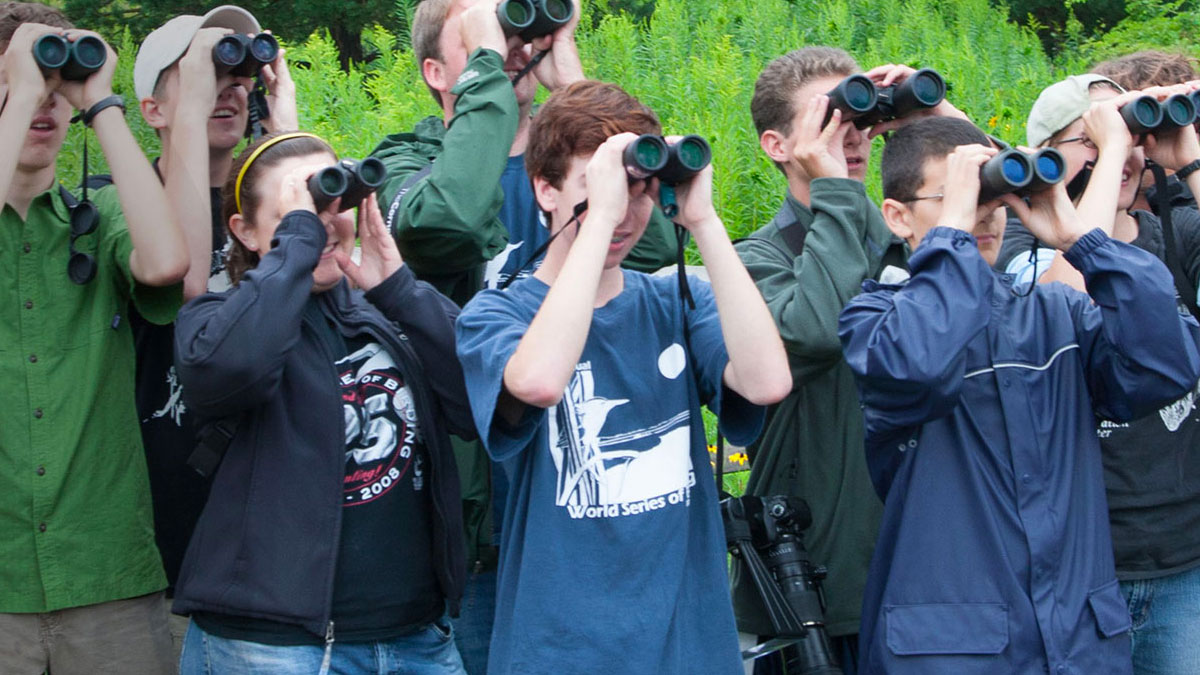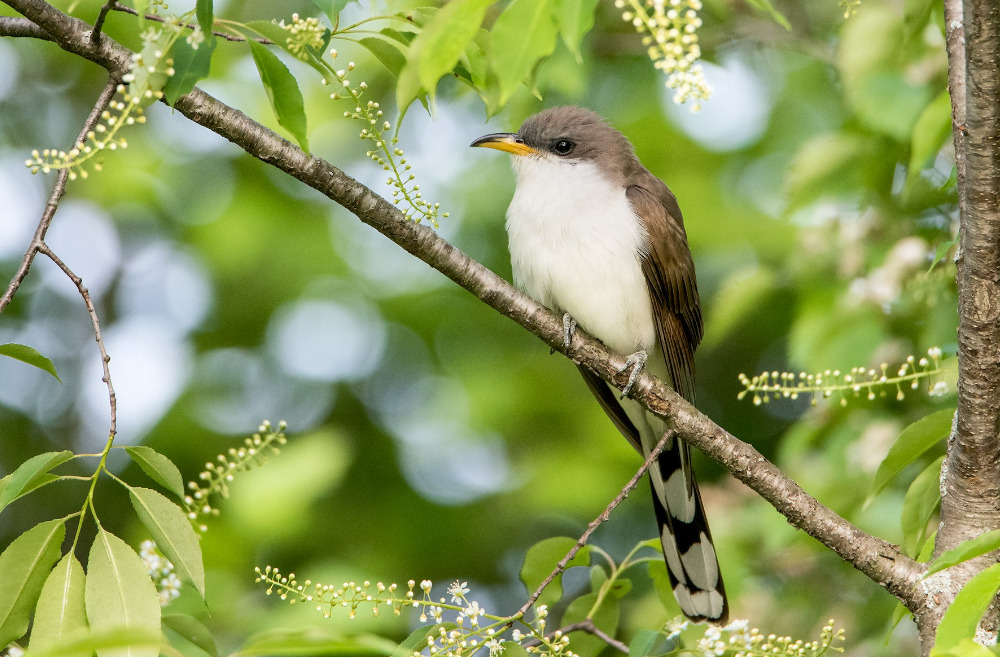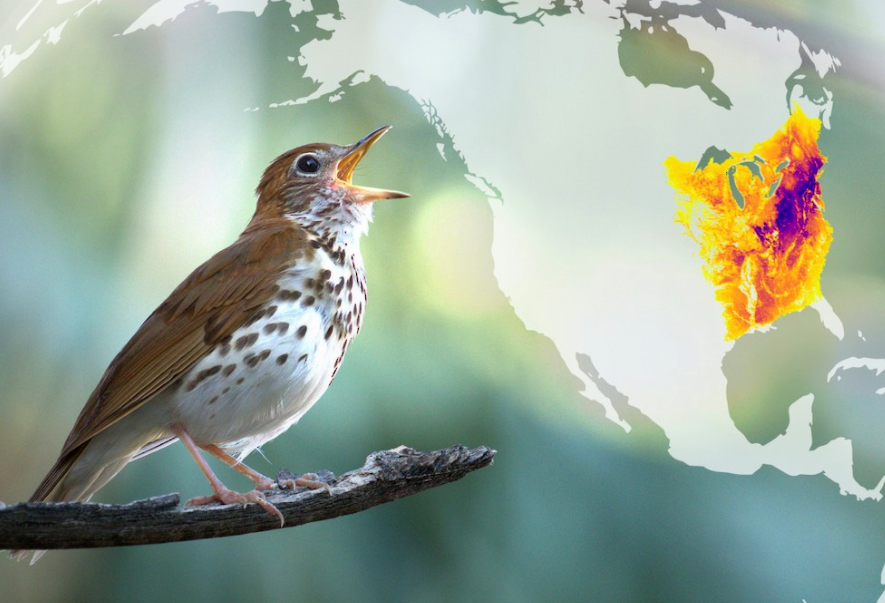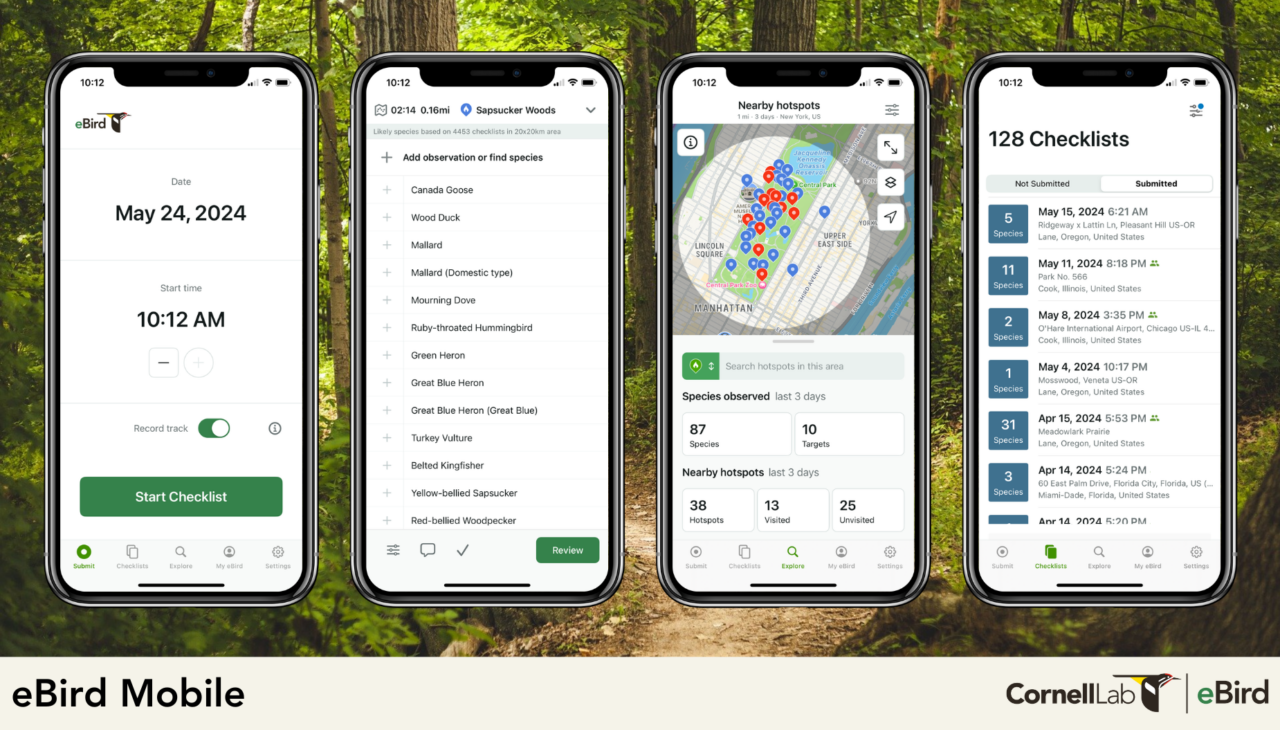Using eBird
A critical first step in strategic conservation is knowing where, when, and what species of wildlife occur on your land. eBird, a participatory science project operated by the Cornell Lab, is an important tool available to land trusts for determining the presence/absence of bird species, monitoring populations, storing and visualizing data, and engaging the bird watching community. Explore the pages below to learn about the many facets of eBird and discover how to get the most out of this easy to use yet powerful resource.
 What Is eBird?
What Is eBird?eBird is one of the largest repositories of biodiversity data in the world, harnessing the passion and enthusiasm that people have for birds and turning it into a powerful tool for research, conservation, and community engagement.
 How to Use eBird
How to Use eBirdExplore how to use eBird, including a free, 20-minute eBird Essentials course offered by Bird Academy and get started using hot spots or group accounts if you wish to engage the public with data collection on your preserves.
 Benefits of eBird
Benefits of eBirdeBird is an important tool for storing and visualizing data, informing grant applications, engaging your community, monitoring and evaluating management, and informing planning and land prioritization.
 eBird Hotspots
eBird HotspotsHotspots are public birding locations created by eBird users. Hotspots allow multiple birders to enter data into the same shared location, creating aggregated results available through eBird’s “Explore” tools.
 Using eBird Hotspots
Using eBird HotspotsHotspots are a great tool to engage local birders on protected properties while simultaneously gathering important bird data that can help inform habitat management decisions.
 eBird Group Accounts
eBird Group AccountseBird Group Accounts are a great way to share eBird checklists and aggregate data. This can be especially helpful for land trusts working with landowners, birding groups, or monitors in eBird.
 eBird Trip Reports
eBird Trip ReportsLooking for new ways to tell stories on your land? eBird Trip Reports are a great way for land trusts to engage the birding community and share birding stories.
 Download eBird Data
Download eBird DataeBird has open data access products available in several formats that can be helpful in your strategic conservation planning, scientific modeling, and analyzing data from your land trust hotspots.
 eBird Help Center
eBird Help CenterVisit the eBird Help Center to learn about best practices for entering eBird data, discover how to explore eBird data, find answers to FAQs, get help with troubleshooting, submit a support ticket to the eBird team, and more.
Sign up to receive our eNews and stay connected
The Land Trust Bird Conservation Initiative will send you updates about funding opportunities and ways to work with partners to protect birds and further your land conservation goals. We’ll highlight resources to assist with bird conservation on private lands, showcase tools and data visualizations to assist with planning and stewardship, and share success stories from the field.


